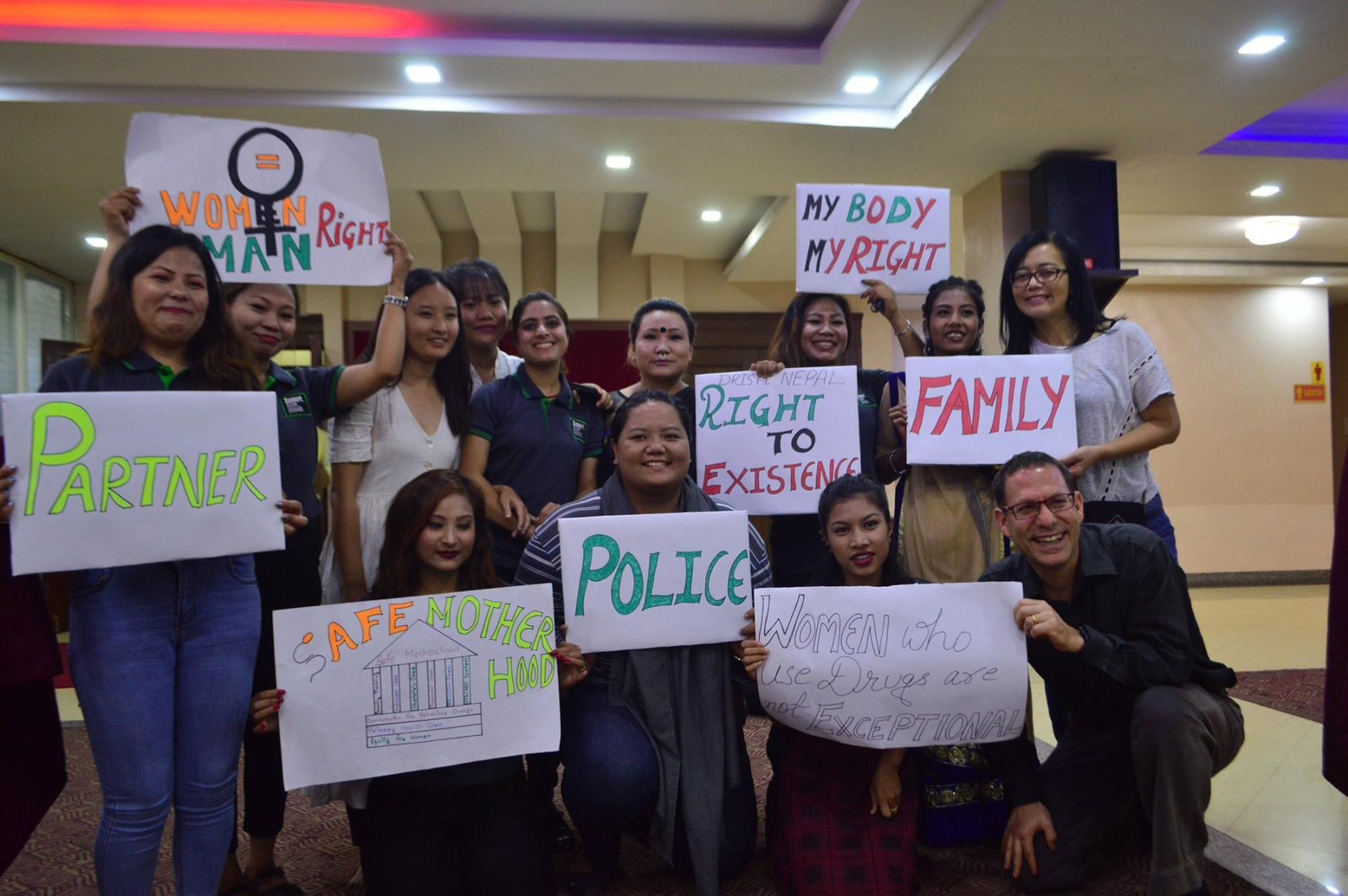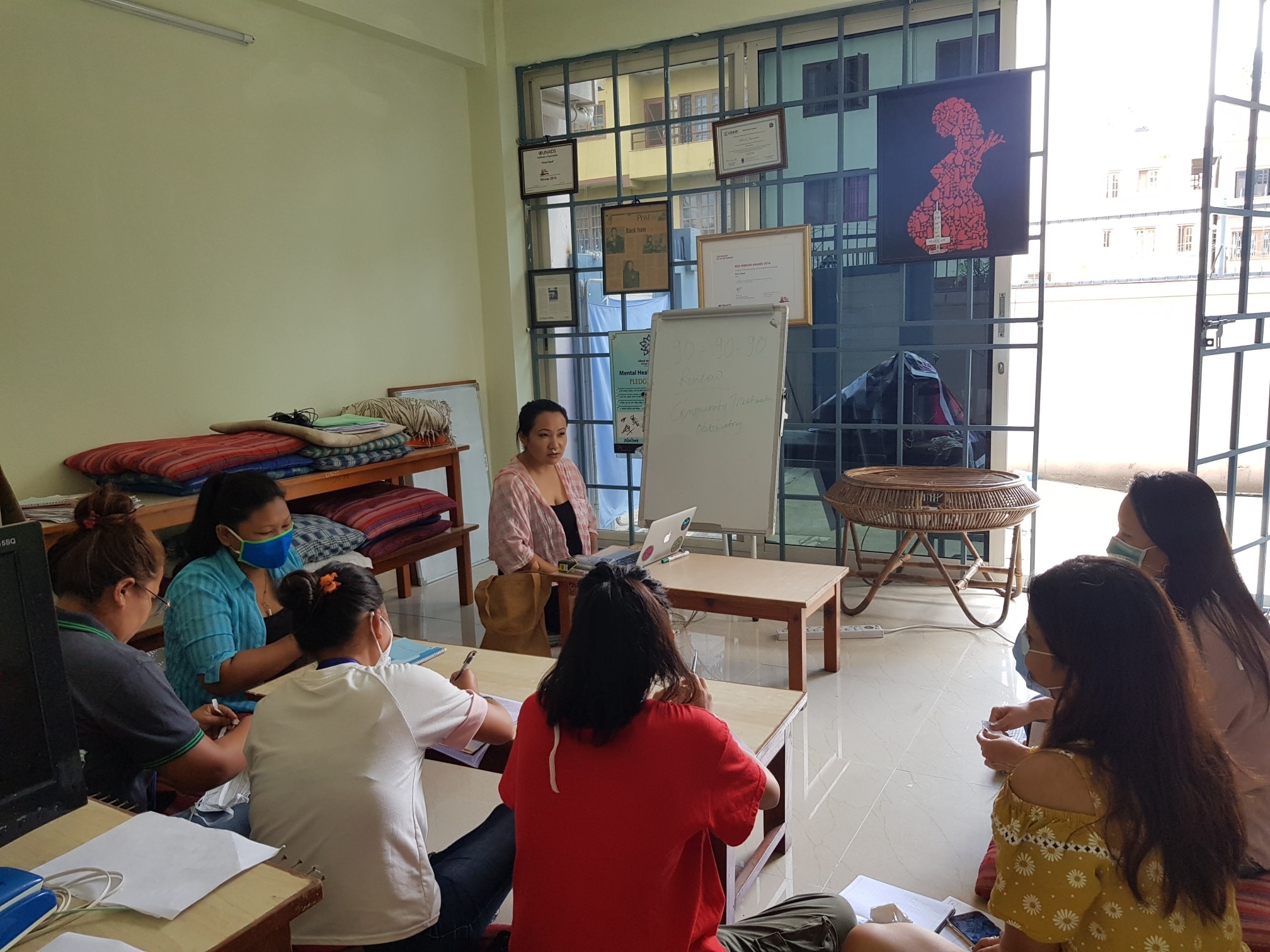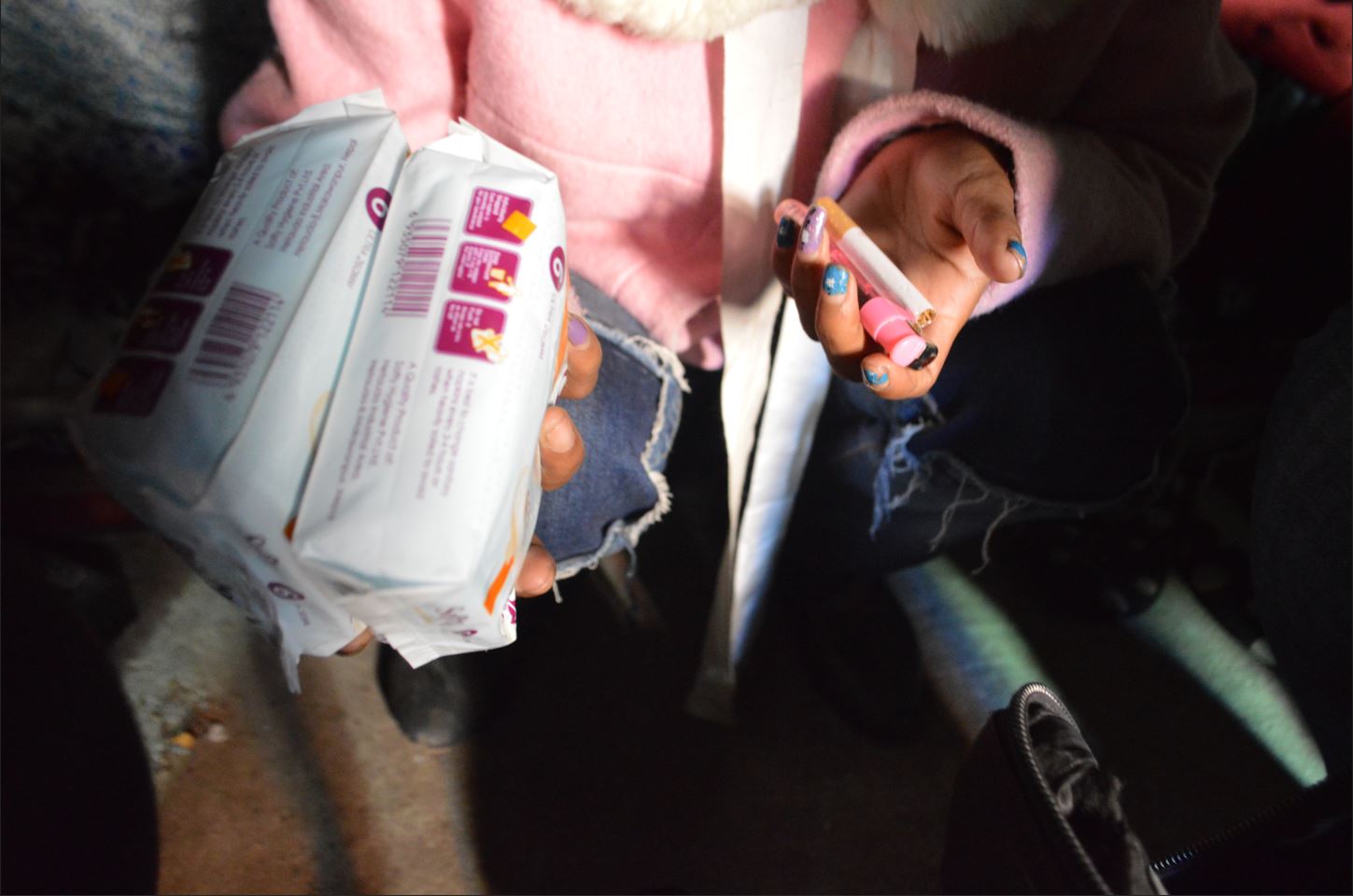Social Workers Some Insights Some Inspiration
SOCIAL WORKERS SOME INSIGHTS SOME INSPIRATION
Parina Subba Limbu

Parina Subba Limbu was introduced to me by a mutual friend. We were supposed to meet for another assignment, but that never happened and we didn’t meet. When I got the assignment of covering women who are into social work and reforms, I wanted to cover Parina too. Again, she was travelling. We still couldn’t meet.
However, Parina agreed to meet me online and talk about her journey from being a survivor of substance abuse herself to establishing an organisation to support women who use drugs.
Dristi Nepal, the organisation of which Parina is the founder and executive director, is a first Nepali organisation that has been opened by and for women who use drugs. Parina understood that while it was important to have allies, change needed to happen with people who have shared the experience and understand the process of transformation.
“One of my happiest days was when Dristi Nepal got the Red Ribbon Award in 2014 in Melbourne, after eight years of our establishment,” says Parina.
At Dristi, Parina informs, they offer support to women who use drugs and who are infected by HIV to heal, treat and to refer them for rehabilitation and also lend legal and counseling services. Having a history of being a survivor of domestic violence herself, she says substance abuse is both the cause and consequence of gender-based violence.
In countries like ours the laws and policies are very weak and there is not much support for women drug users for their recovery and treatment.
Parina shares, “In recent times I see the society changing. There is at least an acknowledgment of women being substance users but the norm of treating those women is still very discriminatory”. She elaborates, “While sons are sent to rehabilitation centres, daughter-in-laws are abandoned from their home and their children are taken away from them.”
“There is a lot of taboo and stigma attached with drugs users. There is added shame when the user is a woman,” Parina states, “In countries like ours the laws and policies are very weak and there is not much support for women drug users for their recovery and treatment.”
Her journey has had its share of tribulations. “I had established the organisation but there used to be days when I didn’t know if I could continue or not.” However, Parina also learnt to seek help from those who know better.
Doing social work is not easy. Parina was still working on the day when she delivered her son. Personal and professional life often gets blurred in this line of work. There is motivation, but sometimes there is added pressure to be available for others.
Parina is also a strong advocate of mental health. She thought that her mental health issues would be resolved once she had the organisation to run and to support others. But the opposite happened. “The organisational pressure, the anxiety of not being a good mother and personal distress took toll on my life. In Nepal we still don’t have space to talk about our mental health,” Parina shares.
These days, she has made the conscious decision to take time out for herself and to heal. She is serious about her fitness routine. She meditates and writes a journal. She also enjoys self-care and spending time with her son, and once in a while, a good cry always helps.





